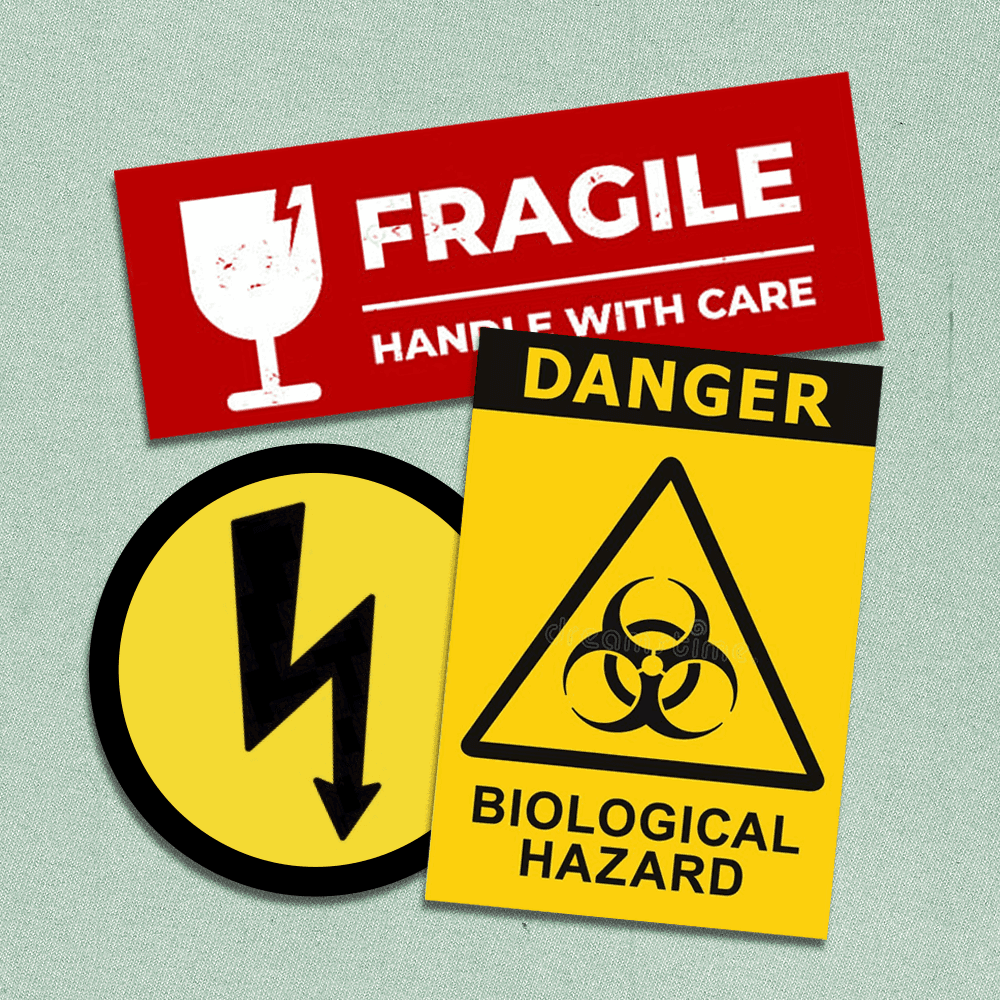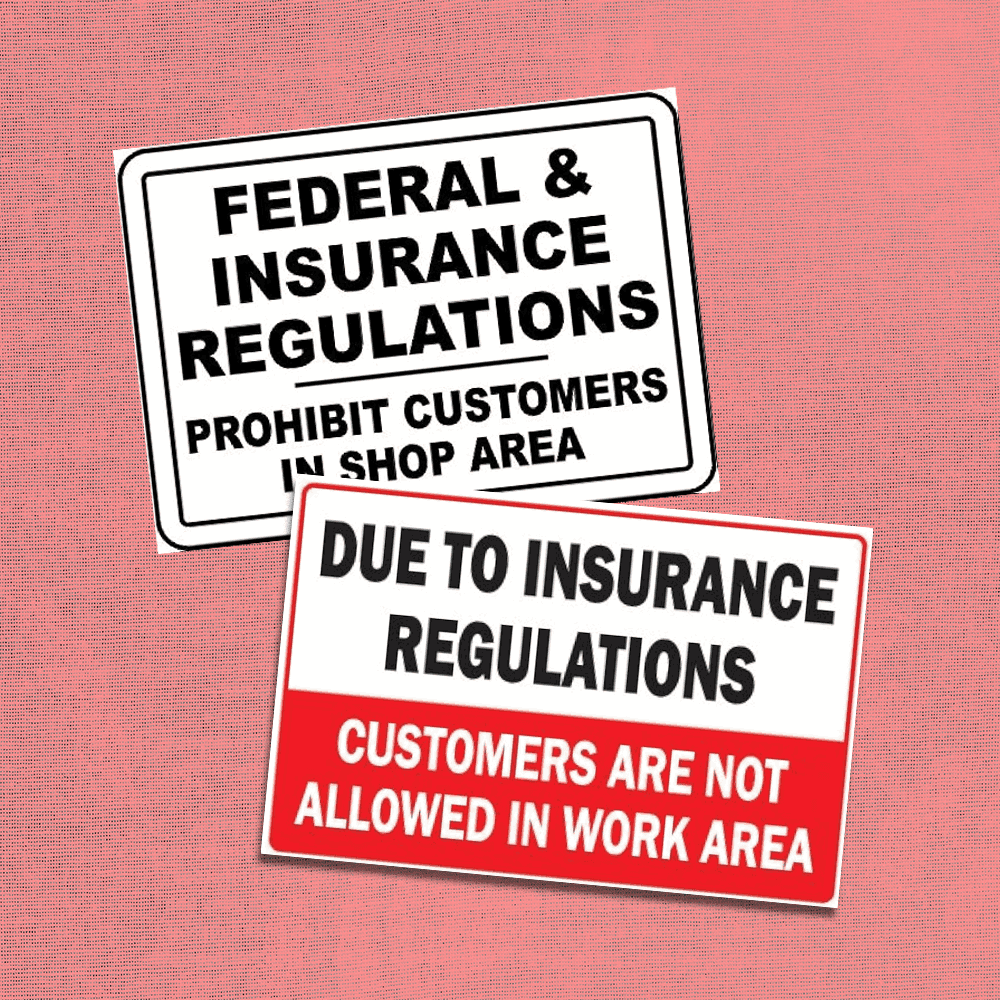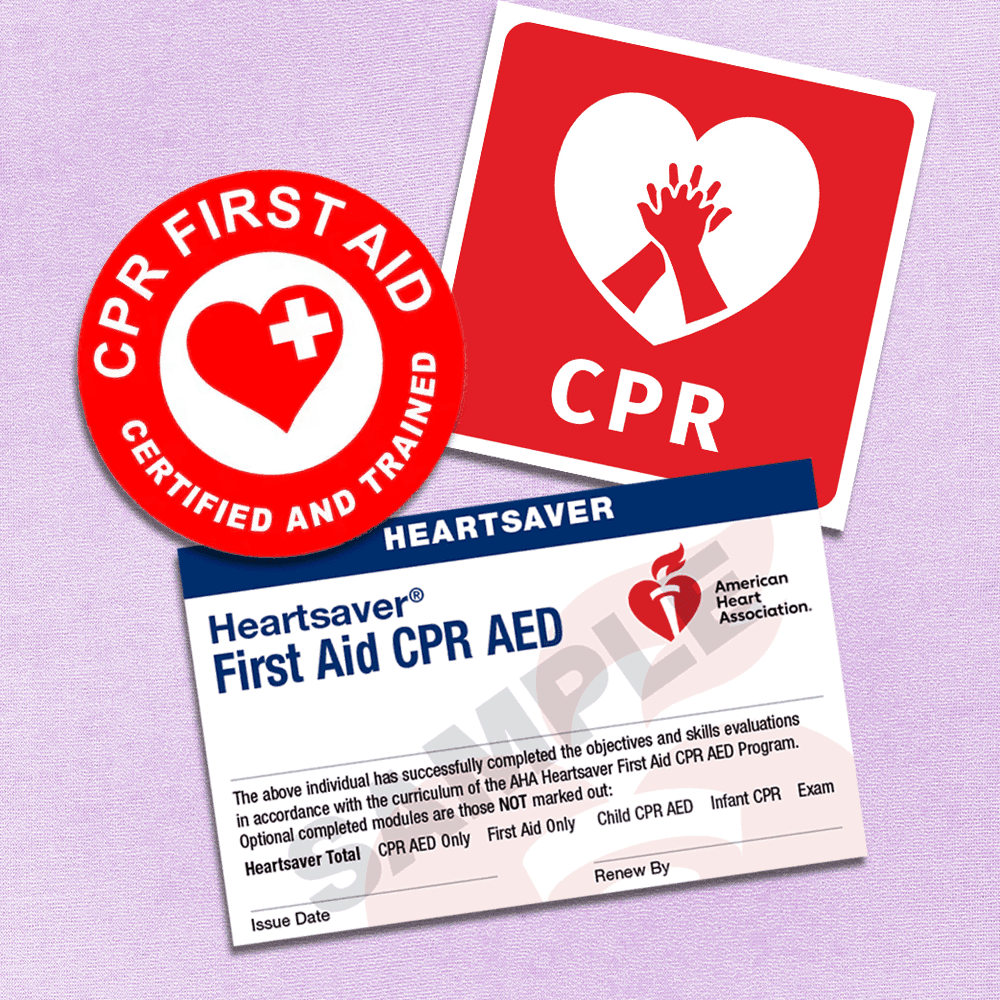
Manufacturing Labels
Manufacturing Labels from LabelsNStickers are a vital part of optimizing production processes, enhancing workplace safety, and improving inventory management within any manufacturing facility. Offering a wide variety of sizes, from compact 1/2-inch square labels ideal for small parts to large 8 1/2 x 11-inch rectangle labels suited for equipment and shelving, these labels are versatile enough to meet any operational requirement. Available in a broad spectrum of colors, including subtle pastels for discreet labeling and bold, vibrant hues for high visibility, as well as metallic finishes for premium applications, they ensure that important information is clearly displayed in any setting. You can also choose from different finishes, such as matte for easy readability under industrial lighting or gloss for protection against moisture and chemicals, providing durable performance in tough environments. Our styles range from simple and practical to more decorative or embossed options, catering to both functional needs and aesthetic preferences. Designed for easy integration into your existing processes, these customizable labels help keep operations running smoothly by supporting inventory tracking, equipment identification, and safety communication, ensuring your facility operates efficiently and safely at all times.


The Importance of Manufacturing Labels in Industrial Settings
Key Summary:
- This article will explore the importance of manufacturing labels in industrial settings, providing detailed information on their uses, benefits, and how to effectively implement them in a manufacturing environment.
- Key findings will cover the definition and purpose of manufacturing labels, benefits of using them, types of labels available, implementation tips, real-world use cases, and examples of labels in action.
- Readers will gain insight into how manufacturing labels can improve efficiency, safety, organization, and compliance in manufacturing processes.
In the fast-paced and complex world of industrial manufacturing, the use of manufacturing labels plays a crucial role in ensuring efficiency, safety, and organization. From providing important product details to warning labels and barcodes, manufacturing labels are essential for proper communication and compliance with industry standards. This article will delve into the significance of manufacturing labels in industrial settings, exploring their benefits, types, implementation strategies, and real-world use cases. By understanding the importance of manufacturing labels, businesses can optimize their processes and enhance overall productivity.
What are Manufacturing Labels?
Manufacturing labels are essential tools used in industrial settings to convey important information about products, processes, and safety precautions. These labels serve as a means of communication between manufacturers, workers, and consumers, providing crucial details that aid in the efficient operation of manufacturing processes. Typically, manufacturing labels include information such as product specifications, safety warnings, handling instructions, and barcodes for tracking and inventory purposes.
Types of Information Included on Manufacturing Labels
Product Details: Manufacturing labels often contain information about the product, such as its name, model number, and specifications.
Safety Warnings: Labels may include warnings about potential hazards associated with the product or manufacturing process to ensure worker safety.
Barcodes: Many manufacturing labels feature barcodes that can be scanned for inventory management and tracking purposes.
Instructions: Labels may also provide instructions on how to use, handle, or dispose of the product safely.
Compliance Information: Some labels include details about industry regulations or standards that the product meets.
Benefits of Using Manufacturing Labels
Implementing manufacturing labels in industrial settings offers a wide range of benefits that contribute to the overall efficiency, safety, and organization of manufacturing processes. By utilizing these labels effectively, businesses can streamline operations, reduce errors, and ensure compliance with industry regulations.
Improved Organization and Efficiency
Manufacturing labels help organize products, materials, and equipment in a manufacturing facility, making it easier for workers to locate and identify items quickly.
Enhanced Safety for Workers
By providing clear instructions and warnings, manufacturing labels help prevent accidents and injuries in the workplace, ensuring the safety of employees.
Compliance with Industry Regulations
Manufacturing labels play a crucial role in ensuring that products meet industry standards and regulations, helping businesses avoid fines or penalties for non-compliance.
Who Can Benefit from Manufacturing Labels?
Manufacturing labels are essential for a wide range of industries and businesses that operate in industrial settings. The following groups can benefit from using manufacturing labels:
- Manufacturing companies looking to improve efficiency and safety in their processes.
- Warehousing and distribution centers that need to track inventory and shipments.
- Healthcare facilities that require clear labeling for medical supplies and equipment.
- Construction sites where safety warnings and instructions are crucial for worker protection.
- Food and beverage manufacturers that need to comply with labeling regulations.
- During the manufacturing process to label products with essential information.
- For inventory management to track and organize materials and finished goods.
- When shipping products to provide handling instructions and tracking details.
- For maintenance purposes to label equipment and machinery for safety and maintenance schedules.
- During quality control to mark products that meet specific standards or requirements.
- Adhesive Labels: Used to mark products with important information such as serial numbers, expiration dates, or handling instructions.
- Barcode Labels: Employed for inventory management and tracking purposes to streamline operations and reduce errors.
- Caution Labels: Placed on equipment or hazardous materials to warn workers of potential dangers and prevent accidents.
- Compliance Labels: Used to indicate that products meet industry regulations and standards, ensuring legal compliance.
- Instruction Labels: Provide step-by-step instructions on how to use, assemble, or maintain products safely and effectively.
- Manufacturing labels are crucial for communication, organization, and safety in industrial settings.
- They include product details, safety warnings, barcodes, and compliance information.
- Benefits of using manufacturing labels include improved efficiency, enhanced safety, and compliance with regulations.
- Implementing manufacturing labels at various stages of production can optimize processes and ensure compliance.
- Real-world examples showcase the effectiveness of manufacturing labels in enhancing efficiency and safety in industrial environments.
When to Implement Manufacturing Labels?
Manufacturing labels should be implemented in various stages of the production process to ensure smooth operations and compliance. Here are some key instances when manufacturing labels should be used:
Examples of Manufacturing Labels in Action
Manufacturing labels are versatile tools that can be used in a variety of ways to enhance efficiency, safety, and organization in industrial settings. Here are some use case examples of manufacturing labels in action:
What Sets Our Product Apart?
Our manufacturing labels stand out from the competition due to their high-quality materials, durability, and customization options. We offer a wide range of label types, sizes, and designs to meet the specific needs of our customers. Additionally, our labels are designed to withstand harsh industrial environments, ensuring long-lasting performance and readability.
Customization Options
One key feature that makes our product special is the ability to customize labels with company logos, colors, and unique information. This personalization allows businesses to create labels that align with their brand identity and convey important messages effectively.
Applications and Use Cases
Our manufacturing labels are versatile and can be used in a variety of industries and applications. From automotive manufacturing to pharmaceutical production, our labels are designed to enhance efficiency, safety, and organization in any industrial setting.
Healthcare Industry
In healthcare facilities, our labels are used to clearly mark medical supplies, equipment, and patient records. This helps healthcare professionals quickly identify items, reduce errors, and ensure patient safety.
Maximizing the Benefits of Our Product
To get the most out of our manufacturing labels, it is essential to follow best practices for implementation, maintenance, and usage. By properly utilizing our labels, businesses can optimize their processes, improve safety, and achieve compliance with industry regulations.
Proper Placement and Maintenance
Ensure that labels are placed in visible locations where they can be easily read and accessed by workers. Regularly inspect labels for wear and tear, and replace them as needed to maintain clarity and effectiveness.
Key Takeaways:
By understanding the importance of manufacturing labels and how to effectively implement them, businesses can optimize their processes, improve safety, and ensure compliance with industry standards. Investing in manufacturing labels is a valuable step towards enhancing efficiency and organization in manufacturing operations.



